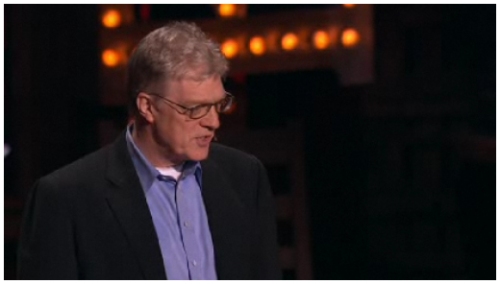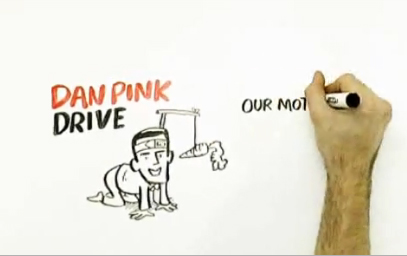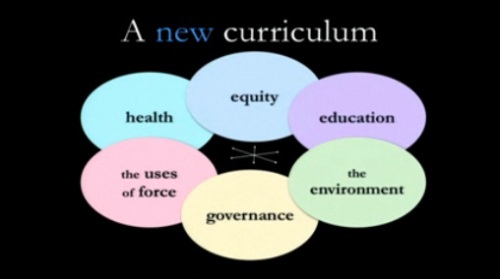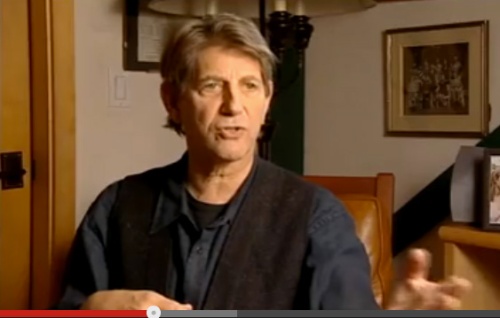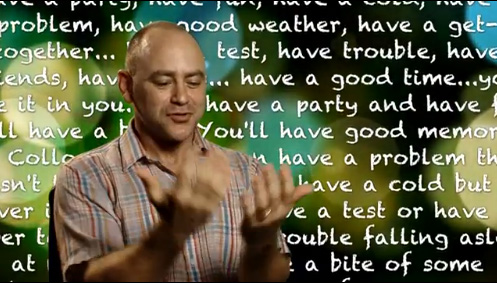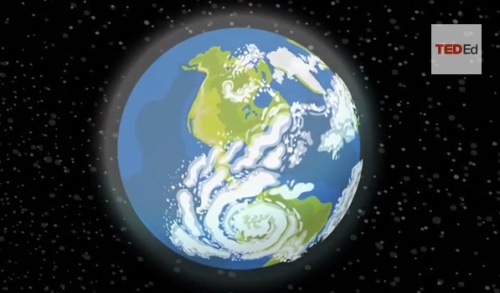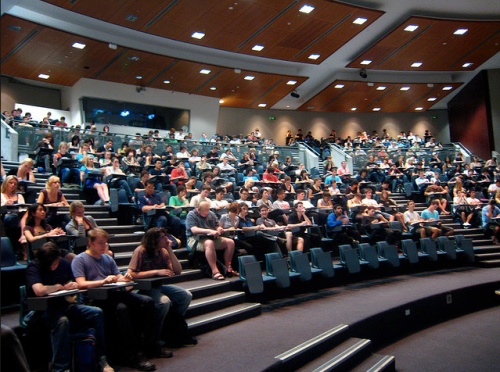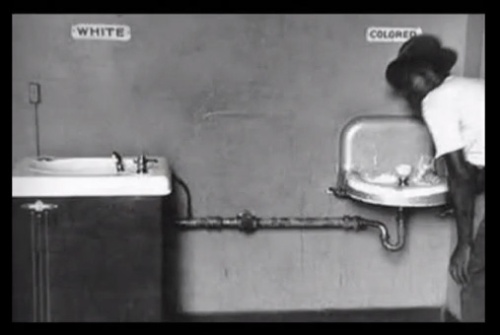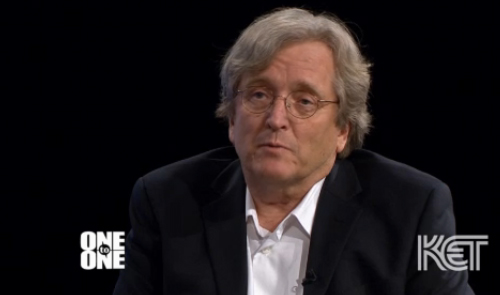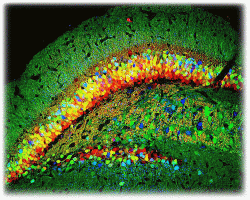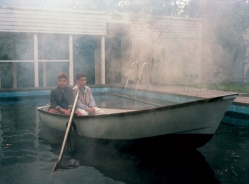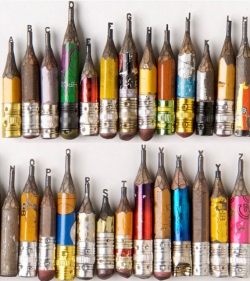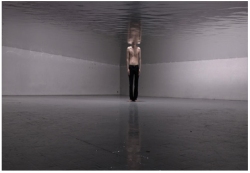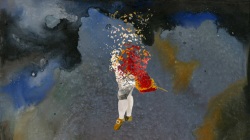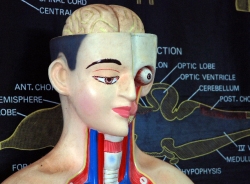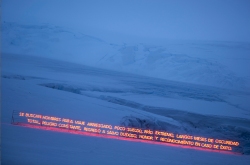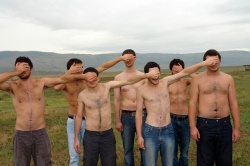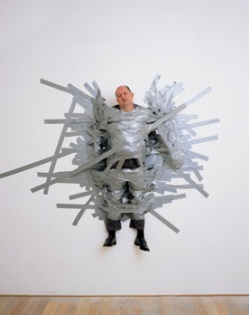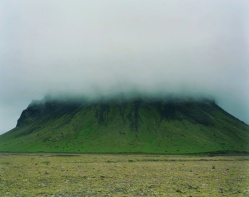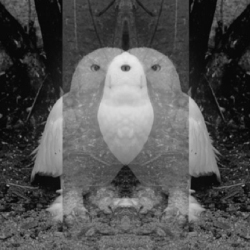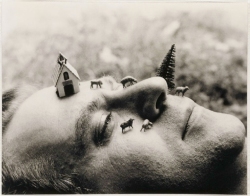Ted Talk – Daniel Pink on Motivation: http://www.ted.com/talks/dan_pink_on_motivation.html
Ted Talk – Ken Robinson on: Bring on the learning revolution! http://www.ted.com/talks/sir_ken_robinson_bring_on_the_revolution.html
Do Schools Destroy Creativity? http://www.ted.com/talks/ken_robinson_says_schools_kill_creativity.html
RSA animate–changing education paradigms: Ken Robinson
Digital Media – New Learners Of The 21st Century: http://video.pbs.org/video/1797357384
RSA animate Dan pink: Drive
The Most Aggressive Defense of Teachers You Will Ever Hear: MoveOn.org: http://front.moveon.org/the-most-aggressive-defense-of-teachers-youll-hear-this-year/
Salman Khan talks about how and why he created the remarkable Khan Academy, a carefully structured series of educational videos offering complete curricula in math and, now, other subjects. He shows the power of interactive exercises, and calls for teachers to consider flipping the traditional classroom script — give students video lectures to watch at home, and do “homework” in the classroom with the teacher available to help: http://www.youtube.com/watch?v=nTFEUsudhfs
Designer Emily Pilloton moved to rural Bertie County, in North Carolina, to engage in a bold experiment of design-led community transformation. She’s teaching a design-build class called Studio H that engages high schoolers’ minds and bodies while bringing smart design and new opportunities to the poorest county in the state:http://www.ted.com/talks/emily_pilloton_teaching_design_for_change.html
Bennington president Liz Coleman delivers a call-to-arms for radical reform in higher education. Bucking the trend to push students toward increasingly narrow areas of study, she proposes a truly cross-disciplinary education — one that dynamically combines all areas of study to address the great problems of our day: http://www.ted.com/talks/liz_coleman_s_call_to_reinvent_liberal_arts_education.html
Peter Coyote talks about the 1975 Comprehensive Training and Employment Act to put artists to work in San Francisco, and his subsequent involvement in the State Arts Council. He makes a persuasive case for the critical role that creativity plays in a thriving economy: http://www.youtube.com/watch?v=O8awBsmvtnc&feature=related
“No student wanted to listen to an educational CD multiple times; but everyone found it normal to repeat the same songs over and over. I used my skills as a drummer and hip hop DJ to make tunes with catchy beats, authentic stress, and high-frequency “Collos” that stuck in their heads!”: http://www.colloandspark.com/ ColloLearn YouTube channel: www.youtube.com/collolearn
Teacher resource: TED-Ed’s mission is to capture and amplify the voices of great educators around the world. We do this by pairing extraordinary educators with talented animators to produce a new library of curiosity-igniting videos. http://www.youtube.com/watch?v=FfJ5XG5i2aw&feature=youtu.be You can nominate a teacher, nominate an animator or suggest a lesson here: http://education.ted.com
NPR story: Physicists Seek To Lose The Lecture As Teaching Tool. By Emily Hanford. “It used to be just be the ‘sage on the stage,’ the source of knowledge and information,” he says. “We now know that it’s not good enough to have a source of information.” Mazur sees himself now as the “guide on the side” – a kind of coach, working to help students understand all the knowledge and information that they have at their fingertips. Mazur says this new role is a more important one. http://www.npr.org/2012/01/01/144550920/physicists-seek-to-lose-the-lecture-as-teaching-tool
Students at the Young, gifted and black club at Cristo Rey HS in KC use technology to capture local history. http://www.youtube.com/watch?v=dSvq2jggDi8
James Caterall, professor at UCLA, talks about a study that followed 12,000 students from age 14 to 26. The study focused on low-income children and compared the lives of those who had high levels of involvement in the arts with those who did not. The study measured outcomes in two different areas: doing well (academic and general well-being) and doing good (participation in society) and found that in both cases the levels were strikingly elevated in the young people who had engaged in the arts. Caterall speculates that pro-social behaviors are founded in empathy, and notes that studies are showing that these are exactly the brain areas that are stimulated by art experiences and processes. Academically, there are similar correlations. For example, music develops a young person’s spatial reasoning, which has been shown to enhance their ability to understand mathematical concepts: http://www.ket.org/cgi-bin/cheetah/watch_video.pl?nola=KONON+000616&altdir&template#.Tj7g0Sro-OA.facebook

